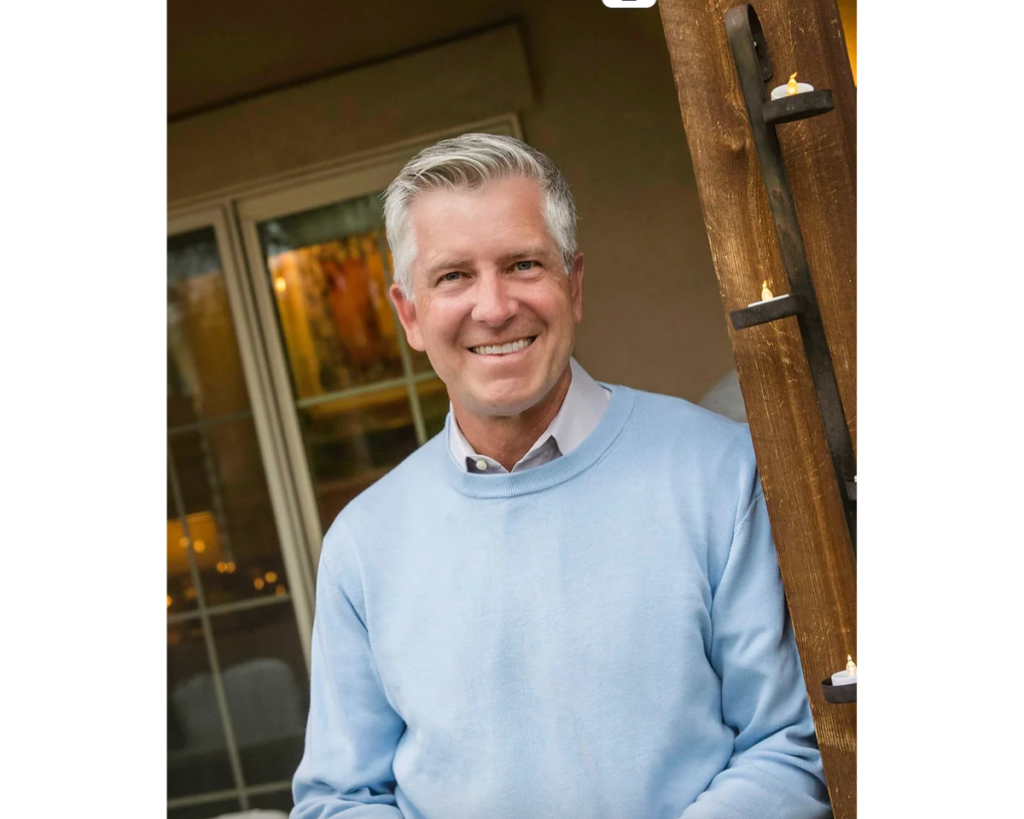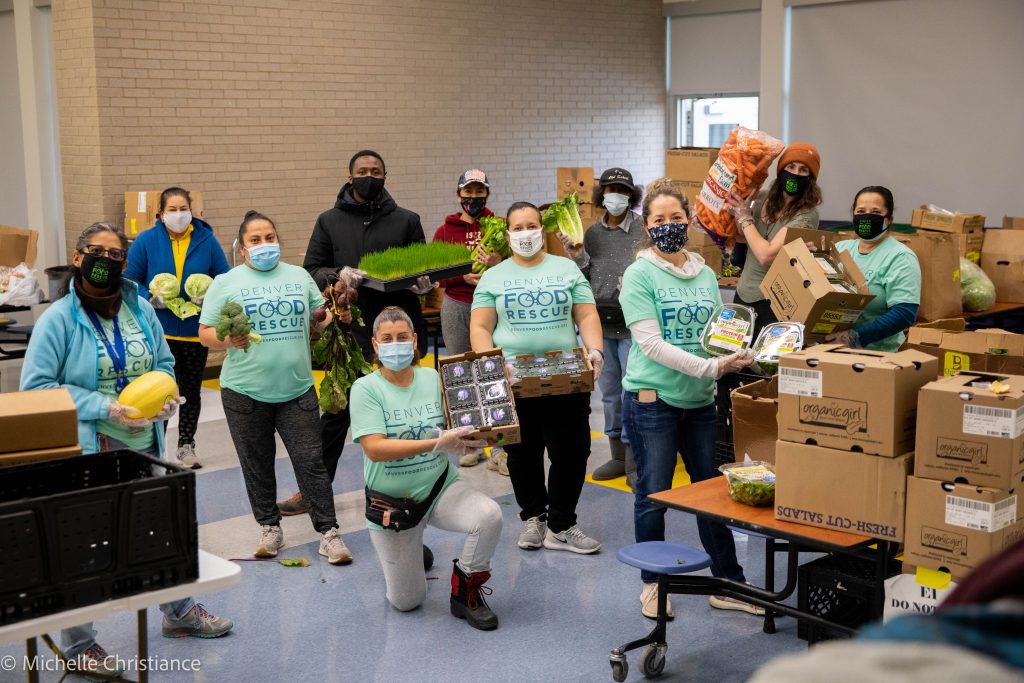Eleven prominent Latino Denverites, many of them with decades of experience in civil rights struggles, sent the following letter this week to members of the Denver Board of Education:
Dear Board Members:
As people with extensive leadership experience in Denver’s Latino community, we are deeply concerned and dismayed by the unexpected departure of Ms. Susana Cordova after less than two years as Superintendent of Denver Public Schools. Latino students, their families, and Latino communities will be among those most negatively impacted by her departure. We demand meaningful representation of Denver’s Latino community in the search for her replacement.
The majority of DPS students are Latino (CDE, 2020a). Too many of them are losing their struggle to succeed. In 2010, most Latino high school students at DPS did not graduate (CDE, 2013). Latino high school graduation rates are rising too slowly. By 2019, the number of Latinos graduating after four years of high school had increased to only 68 percent (CDE, 2020b). Latino and Native American students continue to have the lowest high school graduation rates in Denver.
Superintendent Cordova was the unanimous choice of the previously elected Board. She was exceptionally well qualified to address Denver Latinos’ demands for education equity. As a life-long Denver resident and the first in her family to graduate college, she began her 31-year career at DPS in 1989 as a bilingual language arts and social studies teacher. She was promoted repeatedly to higher level teaching and administrative positions, including appointment as Deputy Superintendent in 2016 (Cordova, 2018).
The previous Board’s choice of Cordova for superintendent reflected community engagement in the search process. Participants included “District employees, non-profits, faith-based groups, youth, parents, and education advocacy stakeholders” (Dimension Strategies, 2018, p 4). The resulting community engagement report presented a wide range of community concerns, including one that Denver’s Latino parents and teachers had been trying to raise since 1964:
“Families who are English Language Learners (ELL) are particularly interested in the District providing more expansive resources for immigrants and their families. Because several schools have an underlying issue of being unable to communicate effectively with refugee, immigrant, and non-English speaking families, these parents find it much more difficult to support their children and participate in their child’s educational plans” (Dimension Strategies, 2018, p 6).
Language differences and inadequate engagement of Latino parents are two of many reasons for Latinos’ low high school graduation rates. Numerous related concerns were raised during the community engagement process, including the following.
“We need people with different backgrounds to be teachers. We need to attract teachers who look like the community they teach. Additionally, the curriculum needs to be more diverse and culturally relevant” (p. 12).
Some expressed their desire for a leader who is a good listener, a good communicator, and who is dedicated not only to closing the achievement gap, but also to taking care of the “whole child” (p. 13).
“Teaching experience is important; however, the Superintendent’s philosophy and vision for the district is most imperative” (p. 13).
“School choice is not a solution to failing schools. Low-income families have difficulty accessing choice schools. Their first choice should be the ability to walk to quality neighborhood schools” (p. 14).
“The Superintendent needs to be an educator who has been in a classroom, understands educational philosophy, developmentally appropriate teaching, and is transparent” (p. 14).
Many community members expressed a strong preference for a Superintendent who will “work with the community rather than for them.” They said that the Superintendent must be willing to communicate with the community “at all levels” – including students and teachers – in an authentic manner to unite divided communities (p. 20).
To reiterate, we are deeply concerned that the loss of Superintendent Cordova reflects a division within the school board that has been cited by many. As the search begins for a new superintendent, it is imperative that the DPS Board do everything it can to dispel the impression of discord and dysfunction. As our elected representatives, each of you have a duty to represent the interests of all parents, students and educators.
To that end, we strongly urge the board to support a public process that is transparent, inclusive, and reflective of the needs of all DPS students no matter where they live, where they are from, what language they speak. A public engagement process must be designed by a diverse community group, including representatives from the Latino community, that gives credence to all DPS stakeholders that it will be open and transparent. We also seek assurance that there is full endorsement and participation by all school board members.
We have learned that Dwight Jones will be appointed as the interim superintendent and appreciate his willingness to step into this position. However, we will continue to look to the board for answers to our demands.
Our organizations have long reflected and voiced the interests, concerns and needs of DPS’ Latino students. We stand ready to assist you in developing an open process for the selection of the next superintendent. We will advocate for a superintendent who meets or exceeds Superintendent Cordova’s outstanding and demonstrated ability to implement the Colorado Academic Standards for culturally and linguistically diverse speakers. DPS has a long path ahead toward achieving education equity for Latinos. Our organizations hope to work with you to assure that both the process and the selection of the next superintendent meets those expectations.
Sincerely,
Elsa Bañuelos, Executive Director
Padres y Jóvenes Unidos
Mario M. Carerra
Jim Chávez, Executive Director
Latin American Education Foundation (LAEF)
Mike Cortés, Executive Director
Colorado Latino Leadership, Advocacy, & Research Organization (CLLARO)
Dr. Kathy Escamilla, Professor Emerita
School of Education, University of Colorado, Boulder
Anthony J. García
Su Teatro Cultural and Performing Arts Center
Jorge García, Chairman and Chief Executive Officer
Colorado Association for Bilingual Education (CO-CABE)
Nita Gonzáles
Nuevo Amanacer, LLC
Rudy Gonzáles, Executive Director
Servicios de la Raza
Rosemary Rodríguez
Esther Romero, President
Congress of Hispanic Educators (CHE)
Sources
CDE. (2013). Graduation Data for the Class of 2009-10. Colorado Department of Education. http://www.cde.state.co.us/cdereval/rv2010GradLinks .
CDE. (2020). Graduation Statistics. Colorado Dept. of Education. http://www.cde.state.co.us/cdereval/gradratecurrent .
CDE. (2020). 2019-2020 PK-12 Pupil Membership Race/Ethnicity and Percent Minority by County and District. Colorado Department of Education. http://www.cde.state.co.us/cdereval/pupilcurrent .
Cordova, S. (2018, Oct. 1). Cover Letter and Personal Statement. https://superintendent.dpsk12.org/wp-content/uploads/sites/89/Cordova-Cover-Letter-and-PersonalStatement.pdf .
Dimension Strategies. (2018). Denver Public Schools Board of Education Superintendent Search: Community Engagement Report. https://www.boarddocs.com/co/dpsk12/Board.nsf/files/B5VPKN61A82F/%24file/Final_DS_DPS%20Search_Final%20Community%20Report_Web.pdf
DPS. (2015). Denver Plan 2020: Every Child Succeeds. Denver Public Schools. https://www.dpsk12.org/wp-content/uploads/Denver_Plan_2020_English.pdf .




